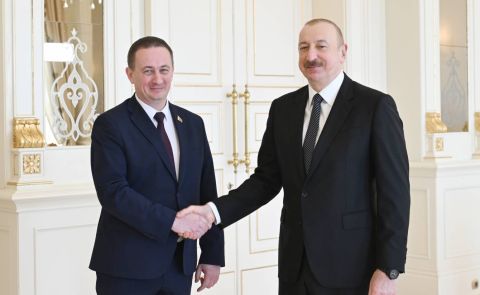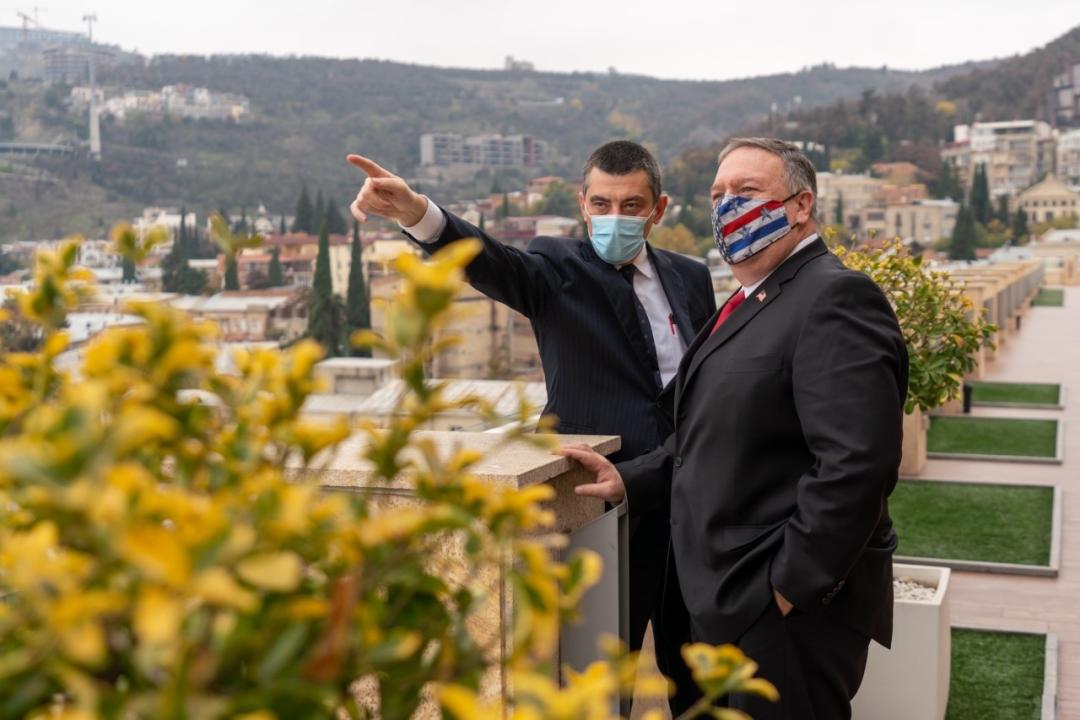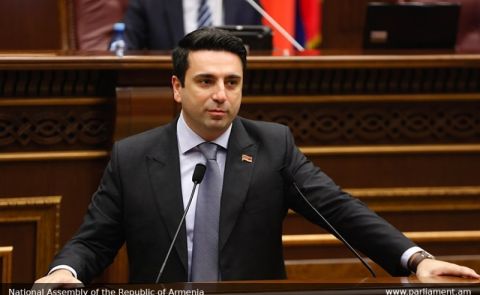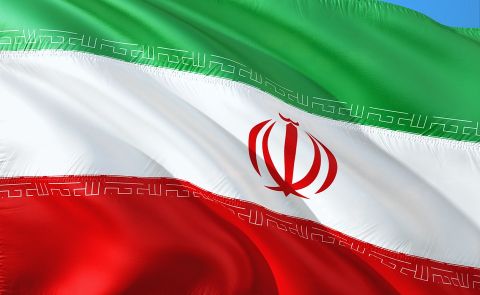
Pompeo’s visit to Georgia

On 17 November, the US Secretary of State Mike Pompeo visited Georgia where he met with the country's Prime Minister Giorgi Gakharia, President Salome Zourabichvili, Foreign Minister David Zalkaliani, Patriarch Ilia II, as well as the representatives of civil society organisations.
At the meeting with Gakharia, Pompeo discussed Georgia’s Euro-Atlantic aspirations and strengthening democratic institutions in the country. He stressed the importance of electoral and judicial reform in the country. Gakharia emphasised that “it was the moment to further strengthen US-Georgia cooperation and partnership and US representation in the region,” calling Pompeo and the US “real friends and allies.”
Georgia’s Foreign Minister David Zalkaliani said, following the meeting with Pompeo, that all issues of strategic partnership were discussed, including regional challenges and the Covid-19 pandemic. He also stated that the US has expressed readiness to further strengthen the strategic partnership between the two countries. At the meeting with Zourabichvili, Pompeo reaffirmed USA’s support for Georgia’s sovereignty and territorial integrity.
At the meeting the country’s Patriarch, Pompeo discussed with Ilia II Georgia's important role in promoting and protecting religious freedom around the world. While meeting the civil society organisations (CSOs), Pompeo discussed the judicial reforms in the country and the role CSOs play. All sides of the meeting agreed there is more work to be done in the field of judicial reforms and the US stands ready to continue its support.
Prior to Pompeo’s visit to the country, 45 representatives of the Georgian security and foreign policy community requested a permanent presence of American armed forces in Georgia in an open letter. The letter said that such a policy may include allied (US/European) forces on a rotational basis, as well as logistical and air patrolling elements that would provide a wide range of options for American and allied forces ‘to operate uninterrupted’ in the South Caucasus and Black Sea regions. It also stated that in recent years, the South Caucasus and the Black Sea regions ‘have become areas of geopolitical instability, which stem from Russia’s ambitions to reconstitute a Soviet-era sphere of influence’ (naming the presence of Russia’s peacekeepers in Nagorno-Karabakh as one of the examples).
The Georgian opposition parties also released a statement following Pompeo’s visit to the country. In the letter, the opposition parties expressed their concern over Russia’s influence in the region and saying that the chairman of the ruling Georgian Dream party Bidzina Ivanishvili erodes the democratic system in Georgia. “Election fraud, politicisation of the judiciary and political prisoners, persecution of political opponents, obstruction of Western investment, and refusal to build the international Anaklia port - these are signs of Georgia's democratic setback,” the statement read. It also highlighted that Georgia's western allies need to have a legitimate advantage, including a free trade agreement and more US investments, including in geopolitically important projects such as the Anaklia deep sea port.
It was also reported that Pompeo’s Deputy Assistant Philip Reeker met with representatives of the opposition. The Prime Minister candidate of the opposition United National Movement Mikheil Saakashvili said that the meeting was scheduled suddenly, but was welcomed nonetheless. The leader of the opposition Strategy Agmashenebeli Giorgi Vashadze said that the opposition would listen to their US partners, who play an important role both in terms of Georgian democracy and national security.
See Also


Simonyan Accuses Russia of Funding Destabilizing Efforts; Labels Kocharyan a “Russian Spy” and Defends Pashinyan’s Independent Foreign Policy

Iran Proposes Establishing Iran-Azerbaijan-Georgia Transit Corridor Within TRACECA Framework

Driver Opens Fire on Dagestan Police, Killing Three Officers and Wounding Civilians

Former Russian Social Fund Official in Ingushetia Detained in Antalya on Embezzlement Charges

